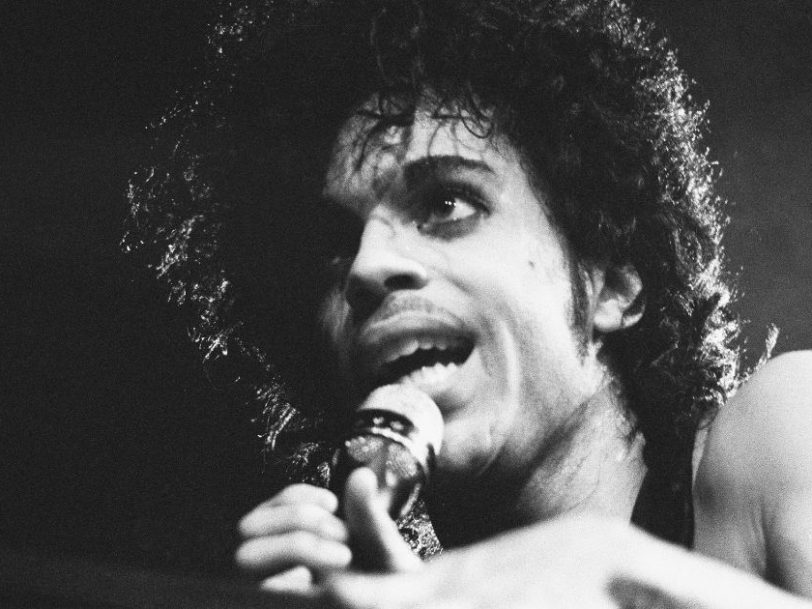By the mid-80s, Prince was a bona fide hit-making machine. The Purple Rain album and movie had placed him among the pantheon of the greats and, having proven himself capable of writing enough quality material to take side-project groups such as The Time, Vanity 6 and Apollonia 6 into the charts, outside acts had begun to entreat him for material. With the Purple Rain wave yet to break at the end of 1984, Scottish Bond-theme singer Sheena Easton topped the Billboard Hot Dance/Disco chart with the Prince-penned Sugar Walls; a year later, The Bangles made their breakthrough with the Apollonia 6 outtake Manic Monday. That song reached No.2 on both sides of the Atlantic, being kept off the US top spot only by Kiss – a smash-hit single that Prince almost gave away, but saved at the last minute.
Listen to the best of Prince here.
“Just the jam we need to launch the album”
Prince could have been forgiven for momentarily looking the other way. When Kiss was recorded, in Los Angeles’ Sunset Sound Recorders, towards the tail-end of April 1985, he was working overtime to prove he deserved his place among the best 80s musicians. While finalising the self-titled debut album by yet another side project, The Family, he was also preparing for the release of Sheila E’s second solo record, Romance 1600, and blitzing thorough initial sessions for his own new album, Parade, a first pass at which he captured across a dizzyingly fertile two weeks. Never mind that the latter project was also pegged as a soundtrack album for his second film, Under The Cherry Moon, a romantic comedy Prince was due to star in – and would ultimately direct – when filming commenced in September; here were enough projects for several years’ worth of releases.
So when BrownMark, the bassist in Prince’s then band, The Revolution, asked for a song that would help his own group, a Minneapolis R&B outfit called Mazarati, announce their arrival, Prince initially handed them a track he’d worked on the previous summer, 100 MPH – “Just the jam we need to launch the album,” BrownMark reflected in his memoir, My Life In The Purple Kingdom. As Mazarati’s record neared completion, however, Prince slipped BrownMark a cassette demo of an entirely new song.




